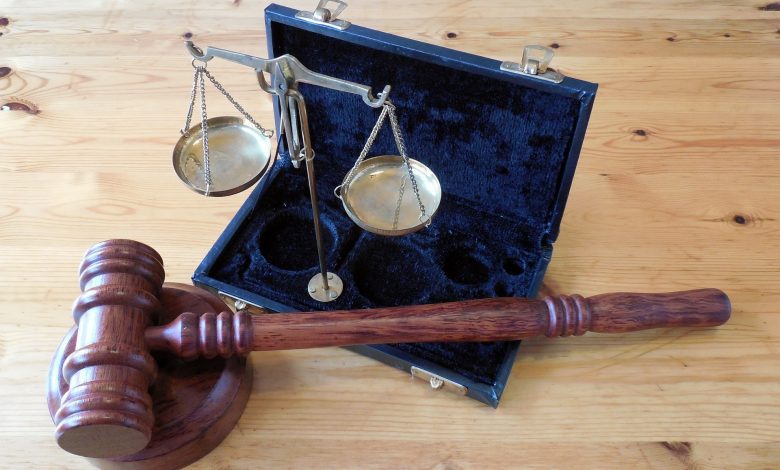Everything You Should Be Aware of Intellectual Property Rights

Intellectual Property Rights in India provide protection to the original creators or owners of the creations. With rapid growth in digitalization and globalization, there are higher risks of getting original work copied; therefore, Intellectual Property Rights have gained immense importance in the modern era. Intellectual property protection is an important factor that also contributes to economic growth as it promotes innovation. Let us understand some basics about Intellectual Property laws, what everyone must know.
What is Intellectual Property and what are Intellectual Property Rights?
Intellectual Property can be defined as any original creation of any work owned or created by an individual using one’s own intellect. It could be artistic work, literary work, any design or symbol, name or image, technical or scientific creation. Intellectual Property Rights (IPRs) protect the legal rights given to the owner or creator of the Intellectual Property for a specified period of time. These legal rights ensure that there is no infringement of original works of the creator. IPRs ensure that there is no misuse of the original works of the creator and in case the original work is being used by someone, it should not be without the owner’s consent.
Types of Intellectual Property Rights –
There are various types of IPRs used to protect your creations from being misused. The following are a few of them:
1. Patent–A Patent is granted to an applicant for his invention. A Patent Owner can create, sell, make copies or grant right to another party to use the invention. He/she has every right to commercialize his/her patent.
2. Trademark– A Trademark is a logo or sign which helps consumers to distinguish between products and services of a company from the other. It can be a sound, color, text, phrase, or scheme. A trademark protects original products from similar or deceptive look alike products which may confuse consumers. It helps customers to connect with the brand value of the goods or services. For instance, the packaging of a Coca-Cola bottle is registered as a trademark as the bottle itself makes consumers aware about its brand value.
3. Copyright – All types of literary, musical, dramatic and artistic works can be protected under copyright law. It can be a webpage, image, art, music, painting, fashion designs, software’s, product label, or product packaging. In India, copyright is granted for a term of 60 years. In the case of original literary, dramatic, musical and artistic works the 60-year period is counted from the year following the death of the author. In the case of cinematograph films, sound recordings, photographs, posthumous publications, anonymous and pseudonymous publications, works of government and works of international organizations, the 60-year period is counted from the date of publication. Copyright is granted for expression of a work not for mere ideas. The copyright owner has right to publish, sell, recreate or reproduce any work created by him/her. Best examples of copyright are videos, books, photos, articles and movies.
4. Trade Secret– Trade Secrets are a type of intellectual property that comprise of secrets of a business. They can be any processes, formulas, patterns, business plans, consumer’s data or any other relevant statistics, designs, strategies or any other information which is confidential for the business. These secrets have economic value as they are not for everyone, they are not meant for unauthorized use by others. This information is not known outside the business and is considered as a trade secret. A trade secret remains as a secret until it is not available outside the business.
5. Design:A Design Patent can be granted for design and function. Design Patent protects visual design in terms of pattern, layout, sculpture or any other visual features of a product.
How to apply for Intellectual Property Rights –
It is important to understand your intellectual property and protect them under specified laws to excel in your business. Every business needs to understand its competitive market and ensure that their logo, design, packing, advertisement, invention etc. are not in violation of any IP rights. It is essential to protect ones IP rights to generate goodwill of any business.
For Patents, the owner or creator of any new and innovative process, product, machine or any other article can file an application under the Patents Act, 1970. You can apply yourself or through any legal representative. The application should contain all relevant information regarding the invention. The patent application is thereafter published, examined/objected and finally granted, once objections are addressed.
Same applies to registration of Trademarks, the process starts with filing of an application under the Trademark Act, 1999 followed by examination of trademark, advertisement, objections and finally registration of trademark, once objections are addressed. After registration, owners can use ‘R” symbol which provides exclusive identity to their products.
Any artistic, dramatic or architectural work can be registered under the Copyright Act, 1957. Although, it is not mandatory to apply for it as they exist automatically, but they can work very well in the court of law as a proof of evidence.
Protect your intellectual property today, don’t delay and consult intellectual property lawyers to assist you in preparing all requisite documentation on time.





